20+ Years Experience
Specialist Education Providers

Enquire Today For A Free No Obligation Quote
Imagine a world where the power of music can unlock the potential of children with special educational needs and disabilities (SEND).
This is not just a dream, but a reality. The therapeutic and developmental benefits of music therapy and musical play are transforming the lives of these children, helping them overcome challenges and excel in their personal and academic lives.
So, let’s take a journey through the world of music and discover the “benefits of musical play for children with SEND” and how it can make a difference for them.
Children with SEND find music therapy to be a potent tool that nurtures emotional understanding, empathy, communication, and comprehensive development through a multi-sensory experience.
Research has shown that playing a musical instrument can reduce stress and aid relaxation.
Moreover, music can be a powerful motivator for children with special needs, pushing them out of their comfort zones and having positive impacts on their learning and development of new skills.
Doctors argue that music can effectively reduce the blood pressure of post-operative hospital patients, highlighting the calming effect of brain music on the nervous system.
Furthermore, music helps in improving memory retention in elementary school students, implying its effectiveness in expanding vocabulary in children with SEND.
Exposing children to clever and creative lyrics in recorded music can present new words and definitions in the context of the song, aiding speech development and comprehension.
Musical play offers a multi-sensory learning experience for children with SEND, engaging their auditory, visual, and tactile systems for a whole-body experience.
This interaction allows children to explore the world of music using all of their senses, creating a rich and immersive environment that nurtures their development.
Improvement in auditory processing skills, which benefits memory, executive function, and language acquisition, can be achieved by engaging the auditory system through musical play. Auditory processing skills enable individuals to:
Developing these skills helps us to recognise and give meaning to sounds. Furthermore, it also helps us to provide verbal feedback which in turn modifies the manner in which we use speech in our surroundings.
Research suggests that musical play involving repetitive patterns has the potential to enhance auditory processing skills in children with auditory processing difficulties.
Various therapies and techniques are available to assist in the enhancement of auditory processing skills, with the support of a professional.
Engaging in auditory training activities through music can provide numerous benefits to children, such as increased attentiveness and comprehension, as well as increased contentment, self-assurance, and pleasure in their learning.
For children with SEND, particularly those with learning disabilities and visual processing difficulties, the stimulation of the visual system using musical play can enrich learning and comprehension.
Visual processing difficulties in SEND children are difficulties in perceiving and interpreting visual information, which can include:
Music therapy visually stimulates children with SEND by offering multi-sensory stimulation, engaging their auditory, tactile, and visual senses to create a comprehensive sensory experience.
Some musical play activities that are known to be beneficial for stimulating the visual system of SEND children include:
These activities provide a visually stimulating experience for many children, including those with SEND.
Fine motor skills and sensory integration in children with SEND can be developed by promoting tactile interaction through musical play.
Sensory integration is the process of organising and interpreting sensory information from the environment, which includes the integration of various sensory systems such as touch, sight, sound, and movement.
Tactile interaction, which involves engaging the sense of touch, can improve sensory integration by providing sensory input and encouraging the development of tactile processing skills.
Suitable instruments to promote tactile engagement for children with special educational needs include:
Exploring various textures, manipulating sensory materials, and participating in tactile play can all be beneficial in improving sensory integration through tactile interaction.
Children with SEND can effectively communicate their emotions and thoughts while fostering emotional regulation through the non-verbal expression provided by music.
Non-verbal expression is of great importance for children with SEND as it provides them with the ability to express specific ideas, needs, and emotions.
Additionally, it aids in their ability to comprehend their own and others’ emotions and strengthens their connection with those around them.
Music therapy has been found to be an effective tool in promoting emotional regulation among SEND children.
Techniques such as guided listening and imagery, shared music-making, singing and song-writing, as well as music listening therapy, have been known to increase positive thinking, help process emotions, facilitate feelings of connection, promote creative self-expression, improve social interaction, verbal communication, initiating behaviour, and social skills.
A sense of belonging and connection can be fostered in children with SEND through group music activities, which aid in developing social skills, teamwork, and empathy.
Music provides a common ground for children to come together and partake in a shared activity. This common experience helps in cultivating a sense of belonging and camaraderie among the children, thereby fostering teamwork.
Additionally, music activities often necessitate coordination and cooperation, such as playing instruments together or singing in harmony.
This encourages the children to work together, listen to each other, and synchronise their actions, thereby developing teamwork skills.
Some examples of group music activities that can be advantageous for children with SEND are:
These activities not only help develop important life skills such as social skills, teamwork, and empathy but also create a sense of belonging and connection that is crucial for their emotional well-being.
Children with SEND can be encouraged to take on new challenges and excel in other areas of life through the confidence and motivation boost from musical achievements.
Playing music and engaging in music lessons can be advantageous in improving the self-esteem of SEND children, leading to a sense of accomplishment, heightened confidence, and a feeling of productivity and contentment.
Utilising music to increase confidence and motivation in SEND children can be achieved through the following strategies:
These strategies can effectively leverage music to enhance confidence and motivation in SEND children.
Moreover, exhibiting a positive attitude towards learning and using music as a tool for reframing and elevating the atmosphere can also boost confidence in children.
With rhythm and structure in music, children with SEND can enhance their focus, attention, and ability to concentrate and complete tasks.
Research has revealed that classical music can be beneficial for the attention span of SEND children, regulating their internal mood and arousal levels, which can help them maintain focus.
Moreover, classical music has been observed to extend concentration time and boost on-task performance in various activities.
Incorporating rhythm and structure in music for children with SEND can have a positive impact on their focus and attention. Some ways in which music can benefit SEND children’s focus include:
Music interventions, mindful listening exercises, and engaging in rhythmic activities are all beneficial for enhancing focus and attention in children with special educational needs and disabilities.
With the aid of classical music, memory, focus, and auditory processing skills can be improved, supporting learning in children with SEND.
Studies have demonstrated that music interventions, including classical music, can improve attention control and reduce cognitive and behavioural issues in children with special educational needs and disabilities.
Furthermore, music training during childhood has been linked to advantageous changes in the brain’s cognitive control and decision-making networks.
Research has indicated that classical music can have a beneficial impact on the cognitive development of SEND children, enhancing memory, concentration, and auditory processing abilities.
Exposure to classical music, along with engaging in suitable learning activities, can provide children with SEND the opportunity to fully benefit from its therapeutic and developmental advantages.
By adapting music education, students with SEND can fully benefit from the therapeutic and developmental advantages that music offers. Strategies for adapting musical education include:
Suitable musical instruments for SEND students in music education include outdoor musical instruments, strings (e.g. violin, viola, cello, and bass), and digital musical instruments (DMIs).
These instruments can be adapted to meet different abilities and provide chances for sensory stimulation, expressive playing, and creative expression.
Taking into account the individual needs and preferences of each child when selecting the equipment and instruments is crucial for their success and enjoyment in music education.
The bond between parents and their children with SEND can be strengthened through music, which promotes attachment, understanding, and emotional support.
Music therapy has demonstrated a range of psychological benefits for parent-child attachment in SEND scenarios, such as promoting psychodynamic healing and growth of interpersonal relationships, as well as having positive developmental outcomes for children as perceived by parents.
Additionally, music interventions have shown promise in supporting early parent-child relationships.
Parental involvement in music therapy for children with SEND can have beneficial effects on the child’s development and well-being. Some effective strategies include:
These strategies have been observed to be extremely beneficial, particularly effective in SEN settings.
Furthermore, home-based musical experiences and positive parent-child interactions have been found to have positive results.
Thus, parental involvement in music therapy can enhance the therapeutic process and strengthen the parent-child bond.
Children with SEND can have ongoing opportunities to engage and benefit from the power of music by creating a musical environment at home and school.
Aiding in child development, increasing attention span, improving brain processing, reducing stress, and reinforcing routine are just a few of the advantages of incorporating music into the lives of SEND children both in the home and at school.
Percussion instruments, adapted instruments, music technology tools, and outdoor musical instruments are recommended for creating a musical environment for SEND children.
Some ways to incorporate music into the daily routine of SEND children at home and in school include:
In conclusion, music therapy and musical play offer a wide range of benefits for children with SEND, from emotional understanding and empathy to improved focus and attention.
By engaging their auditory, visual, and tactile systems and fostering a sense of belonging and connection, music can transform the lives of these children.
By adapting musical education, creating a musical environment at home and school, and promoting parent-child bonding, music can unlock the potential of these incredible children, helping them overcome challenges and excel in their personal and academic lives.
Embrace the power of music and witness the positive impact it can have on the lives of children with SEND.
Musical play stimulates cognitive processes, enhances memory, attention, and concentration, and allows children to recognise patterns, follow rhythms, and understand musical structures.
These activities can contribute to children’s overall cognitive growth.
Music therapy has the power to help children with disabilities by improving communication, interaction, self-expression, providing choices, increasing motivation and encouraging physical activity and coordination.
Strategies for adapting musical education to SEND students include adapting instruments and equipment, encouraging students to develop their own strategies, consulting with special education professionals, and implementing clear approaches and support systems.
Music activities in a group setting can foster feelings of belonging and connection, helping children with SEND develop social skills, teamwork, and empathy.
Creating a musical environment for children with SEND can provide ongoing benefits such as improved brain processing, increased attention span, reduced stress, and enhanced development.
Music has the power to reinforce routine and aid in their development.




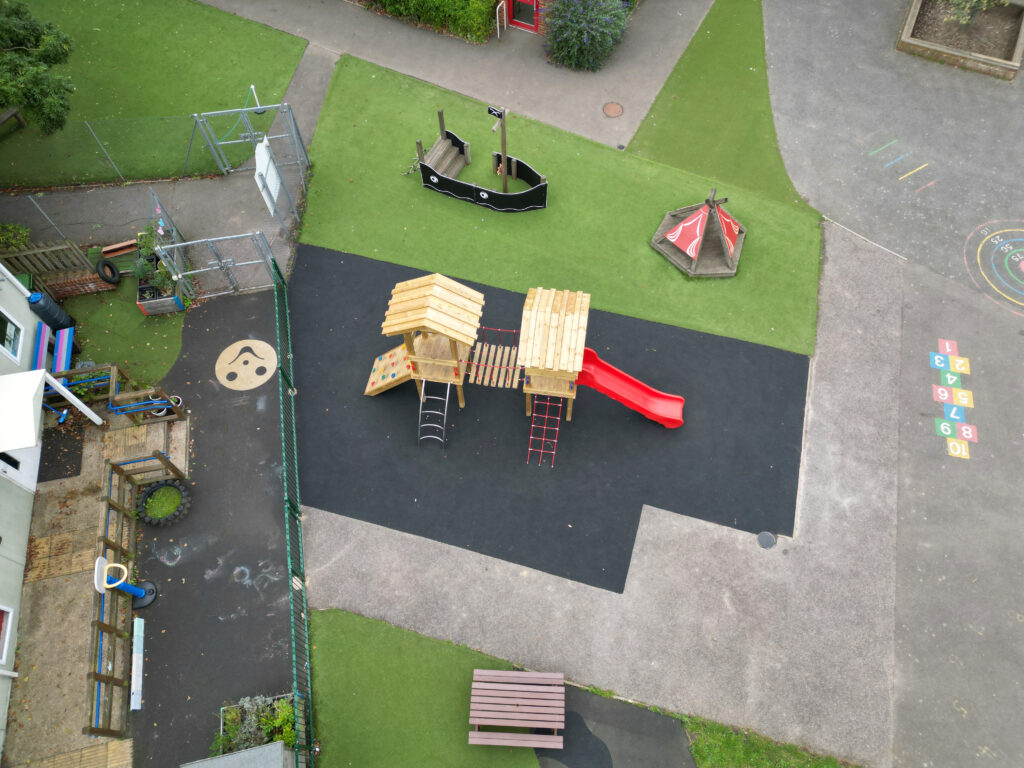

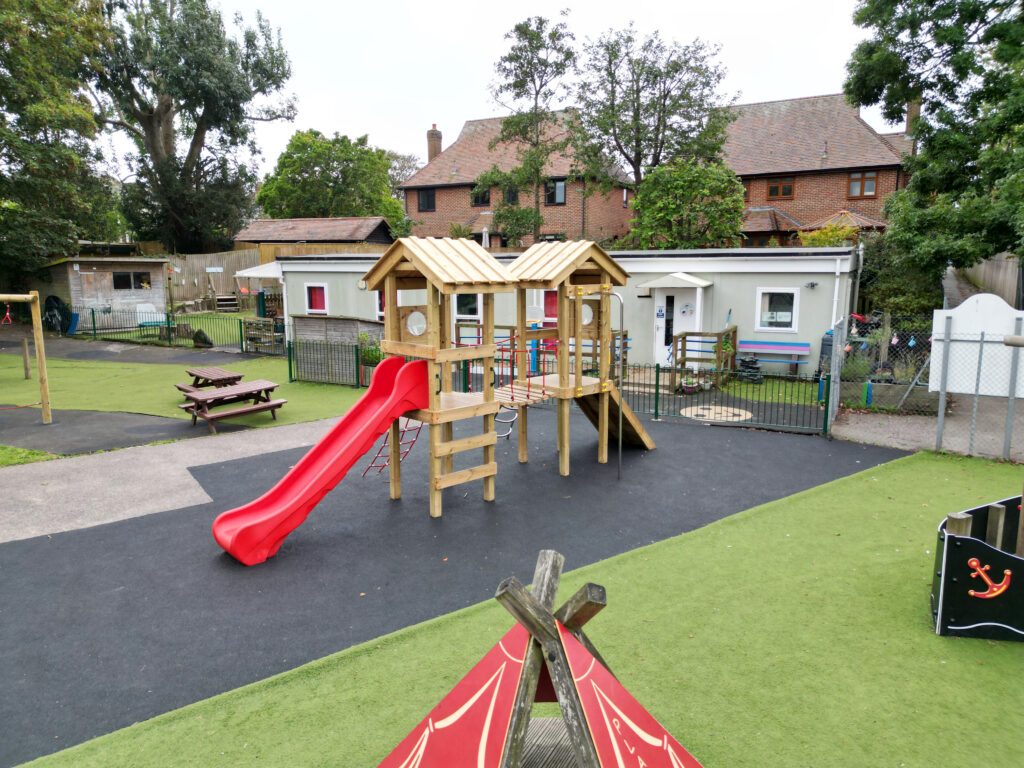
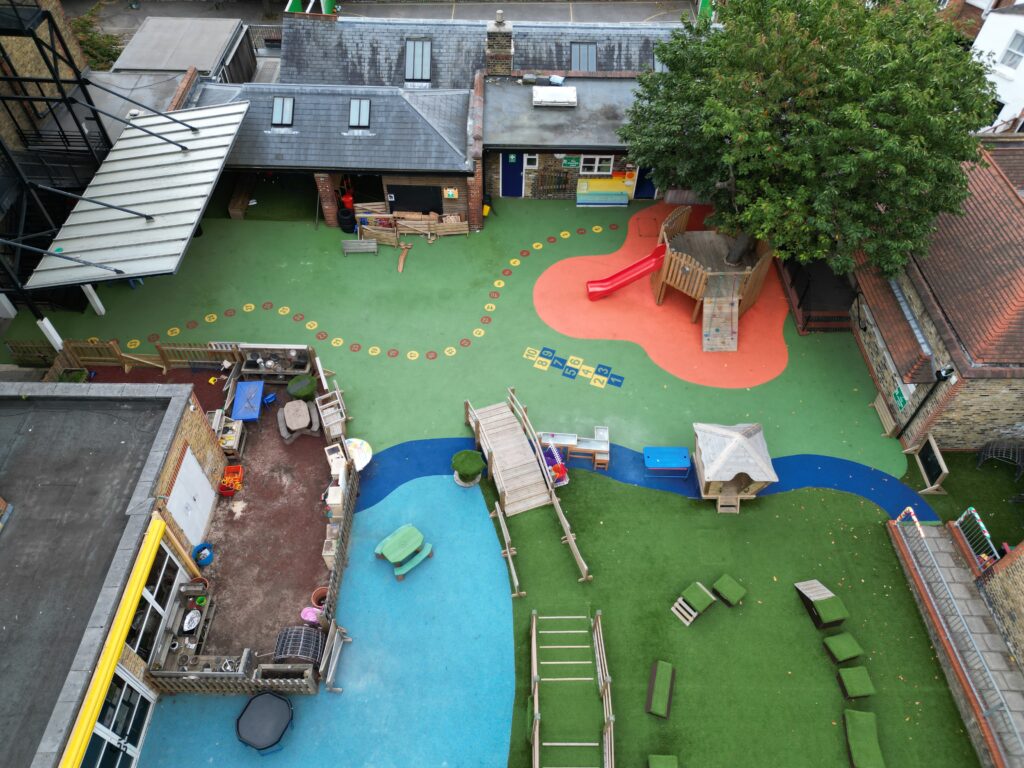






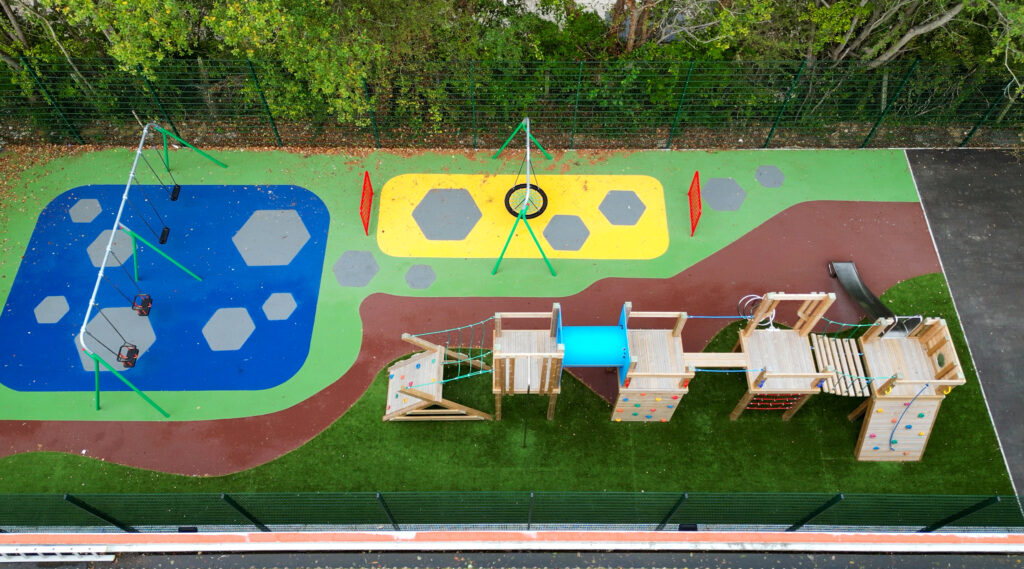




















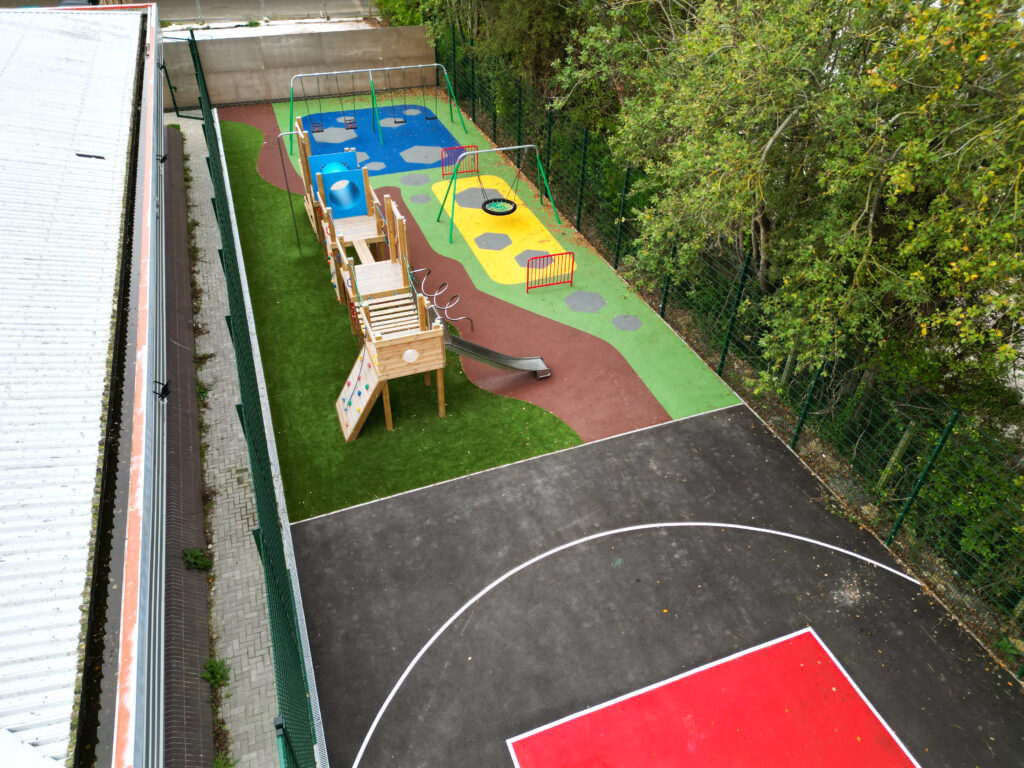



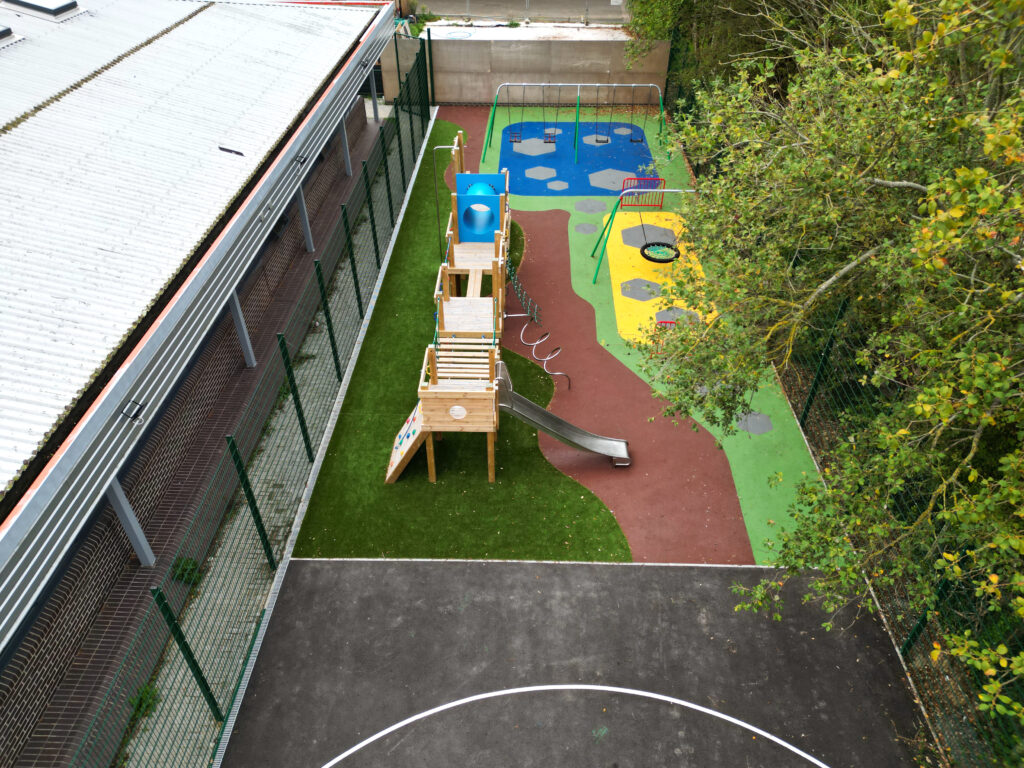







We Aim To Reply To All Enquiries With-in 24-Hours